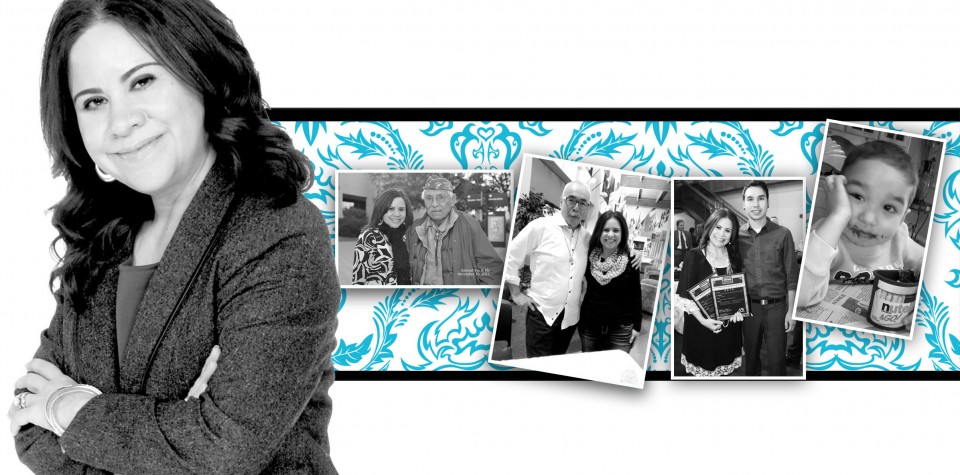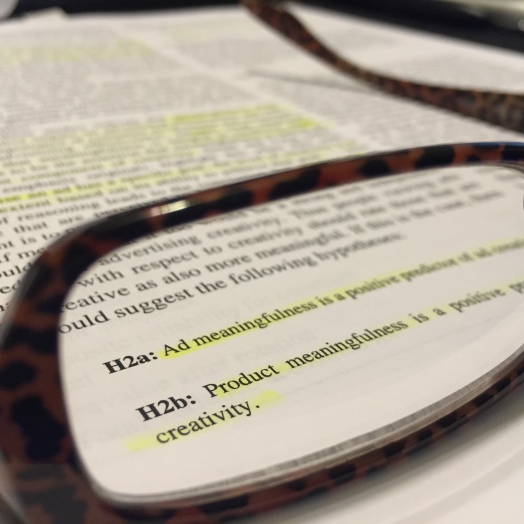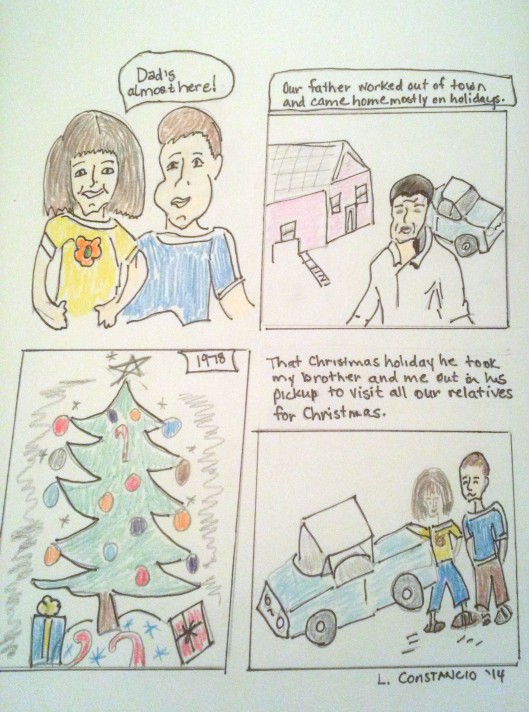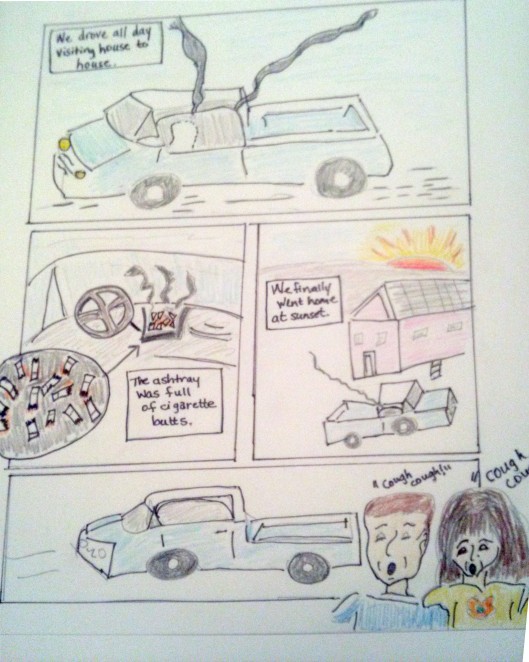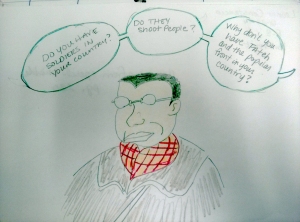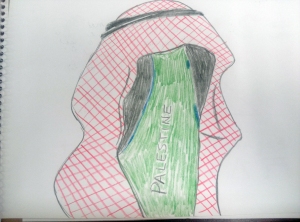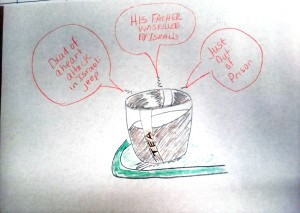A great storyteller can share knowledge and create imagery so vivid that you suddenly comprehend something you never really thought about, that you never knew you wanted to know about, or that you felt you were being forced to understand.

Dr. Michael Dixon, Storyteller and Associate Professor of Biology at Angelo State University
I’ve just completed a journey through biology at the hands of a great storyteller, Dr. Michael Dixon, associate professor of biology. I walked into his class with a closed mind and today I walk away full of knowledge. The kind of knowledge that changes you in more ways than one. That kind of transformation doesn’t just happen. It can only come from an educator that teaches from the heart and feels compelled not just to share knowledge but to share it with passion and with the hope that his words can make a difference.
After all, biology is the study of life.
Dr. Dixon holds firm to the statement that science is not there to prove or disprove value judgments. Value judgments are based on our personal beliefs. Those come from within ourselves, our families and are based on what we value. The knowledge we gain through learning about science can help us think just a little bit deeper about those values.
My semester in biology focused on humans and the environment. The choices we as humans make can affect a whole ecosystem. I’ve learned how my ecological footprint on Earth is larger than someone who lives in a less developed country. I’ve learned that I’m taking more than I’m giving back.
I’ve been forced to think about my actions. While I know I can’t change the whole world, I can change my world. I can be a better human on this Earth. I can think twice before I decide if I want to add plastic to my landfill. I can choose to conserve natural resources such as water and energy. I can use my voice as a citizen to vote on environmental issues.

Excerpt lyric from “Something In the Rain” by Tish Hinojosa
I’ve been shown the impact that we as humans have had on the Earth in everything we do whether it’s in creating our urban environments to building dams to deforestation to industrial farming and even to changing the way we hunt.
I’ve learned how there are no more areas left to farm. We’ve used them all up and in some instances those areas have been lost to erosion. We’ve also gone from farming in order to feed ourselves to farming to make money. We’ve gone from growing natural food to creating genetically modified foods that will grow larger, last longer and survive being doused with pesticide and that sometimes we’re eating that pesticide because many of us don’t wash our vegetables and fruits.

Fishing nets in our oceans.
I’ve learned how we’re leaning towards moving our hunting for meat to farming the ocean for seafood. Farming as in breeding fish to grow quicker and larger through cross-breeding and genetic engineering. We genetically try to make food better as if to outwit nature. Can that really be safe? We don’t know yet, we don’t know what those changes will bring about.
And yet, with this dismal view of our future I’ve learned that there is hope.
There is hope in that people like myself can choose alternative methods that help our Earth.
Instead of letting erosion blow away our soils in farmlands, farmers can choose to use low-till or no till. Instead of using harsh pesticides some farmers are using Integrated Pest Management. In other words using other insects that will serve to feed off of the pests that eat our crops reducing the use of chemicals in our foods, soil and our water. We can choose to go back to natural ways to grow our crops.
Slowly but surely each of us can make a small difference.
Dr. Dixon provided us with a thought-provoking quote from Canadian biologist David Suzuki:
I am often asked, ‘What is the most urgent environmental problem confronting us?’ My answer is the human mind. Where once we understood that we are dependent on and interconnected with the rest of nature, the modern mentality believes that we have escaped this reality. Our big-city lifestyles shatter the sense of interconnectedness and blind us to the consequences of our actions. Our most urgent challenge, therefore, is to rediscover our place in the natural world.
As the world population grows faster than ever before we must learn to re-evaluate how we use our natural resources and how we are going to save what is left.
What are your personal beliefs, your personal values? Do you care about your place in the world and how you impact the Earth through your actions? Or are you just interested in taking more than what you give?
On our last day of lecture, Dr. Dixon showed us a video. I must confess I had seen this video before and it never moved me. Yet, this time, it all made sense. He told us to think what we wanted about Michael Jackson -LOL- but to focus more about the message it conveys both the negative and the positive as they both can be found in the beginning and in the end.
If after viewing this video, you are not moved and if you don’t “get it” or worse, you think of me when you hear the word “tree hugger,” then I’d suggest enrolling in Dr. Dixon’s class Biology 1411-Man and the Environment. You’ll definitely “get it” and it will all make sense and like myself the word “tree hugger” will take on a new meaning. You will also then be one of many students who have had the privilege of listening to a great storyteller and perhaps just maybe you’ll be moved to make a small difference in your life and your world.

Click here to watch the video.
